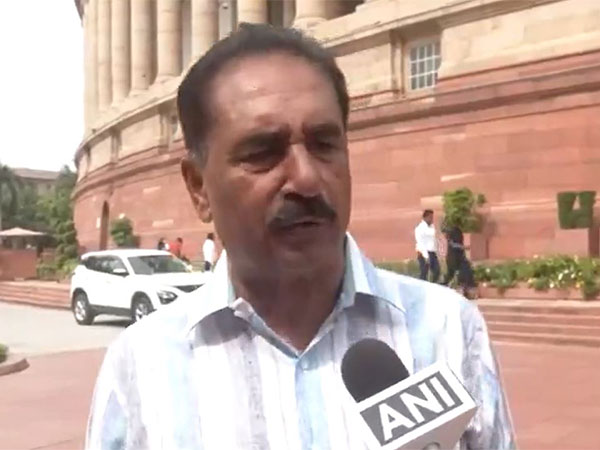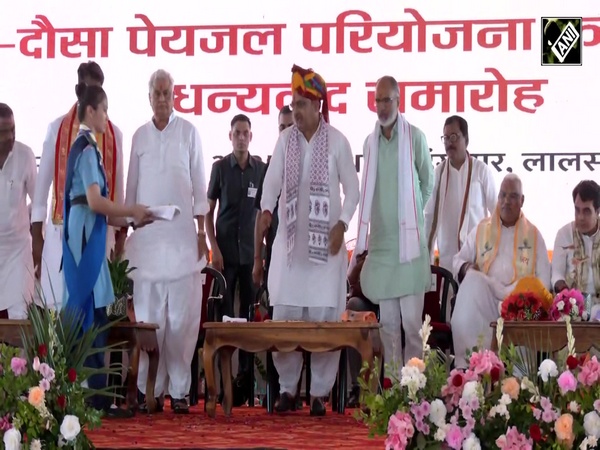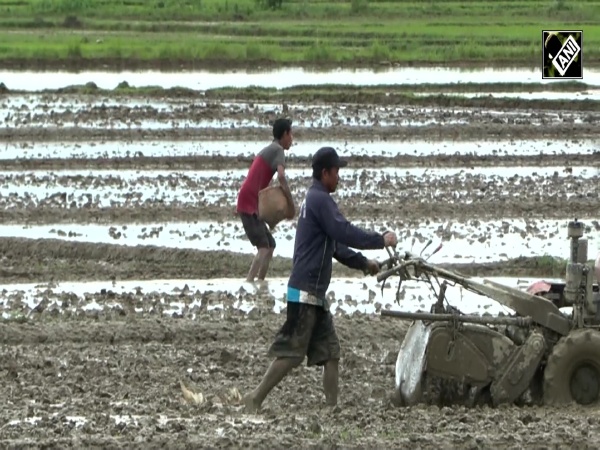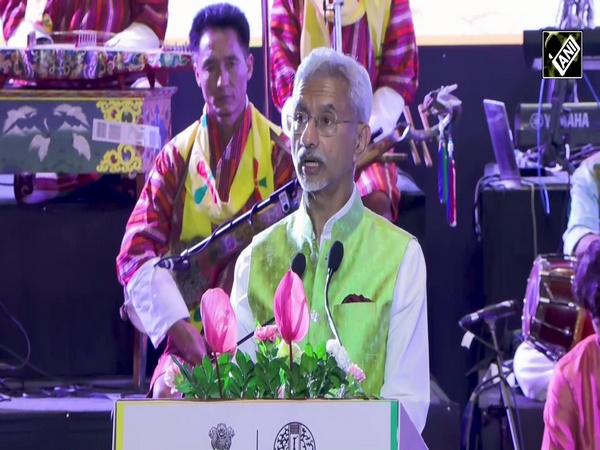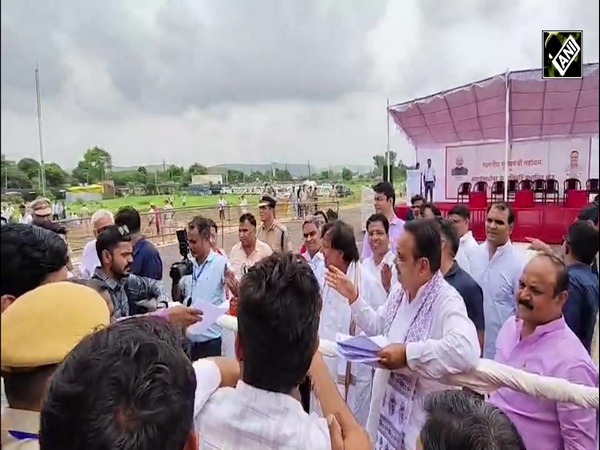Continuity of power, crucial for economic reforms: Bernstein research
May 22, 2024

New Delhi [India], May 22 : As India braces for the outcome of the upcoming elections, the focus shifts towards the crucial reforms by the NDA government if it secures a third term.
According to a report by Bernstein research, the continuity of power is deemed crucial for the sustainability of economic reforms and growth prospects of the country.
The report says "As an early-stage emerging market, much is intertwined with the Government's policies. To benefit from the structural drivers, we think India has a lot of catch-up with several Asian peers. With India moving from the reform cycle to the execution cycle, continuity of power remains a crucial driver for the sustainability of the macrocycle"
Predicting various scenarios of the election results, the report suggests that if the NDA government returns to power it could favour increased capital expenditure, while an opposition victory may lead to a boost in consumption-driven policies.
The downsides to that will be high inflation and fiscal discipline going off-target. The employment problem is likely to be addressed only over the longer term as the focus remains on manufacturing, but a sudden regime change may address this directly through Govt jobs - while FDI and manufacturing push decelerate.
The report further says that if the government secures the third term the key areas of focus will include better management of inflation, reduced subsidies, increased emphasis on capital expenditure, and a push towards promoting manufacturing and job creation. The shift towards target-based exports and more targeted subsidy allocation will reflect a strategic approach towards economic growth.
Infra and capex run will continue. More ambitious projects like bullet trains, highways connecting more cities, or waterways projects could be announced. Private sector capex will gradually take over. Heavy focus will continue towards growth, money will be diverted from subsidies towards more incentives for manufacturing firms. PLI-like schemes to continue. FDI will stay strong
But if UPA or opposition comes back to power there will be drastic effects on infra investments in near term. Funds will be diverted out of infra projects towards social initiatives. The private sector will be pushed to participate in infra, which will lead to only the most viable projects emerging as others are shelved.
There will be near term decline in business sentiments. Tax breaks and subsidies for poor may be financed by more taxes on corporates or rich. FDIs will fall. Rural consumption will pick up with more money in the hands of the poor.
The report also highlights a comparative analysis between Modi 1.0/2.0 and the UPA 1/2 governments, it reveals stark differences in terms of reforms, capital utilization, inflation management, manufacturing focus, and employment strategies.
The capital expenditure has increased by 6 times in the last 10 years of Modi regime and the push towards FDI and manufacturing has yielded some results. On the employment front the report highlights that instead of filling government jobs, the current government has focussed on being a facilitator by driving opportunities.
In the stock market, the report anticipates a short-term rally post-election results if NDA comes back to power. Sectors like infrastructure, manufacturing, and domestic cyclicals are expected to lead the way.
"We expect a short-term rally either leading into elections or the week after results potentially breach our 23K Nifty target and then a profit booking as the reality of execution and valuations emerge" says the report.
But if the opposition comes back to power, there will be heavy profit booking in the near term. There will be low or negligible returns in the markets this year
The report adds that the election results will further determine the direction of India's economic policies and growth prospects in the years to come based on the policies of the Modi and UPA governments which provide valuable insights into the importance of governance, reforms, and strategic decision-making in shaping the country's economic landscape.







